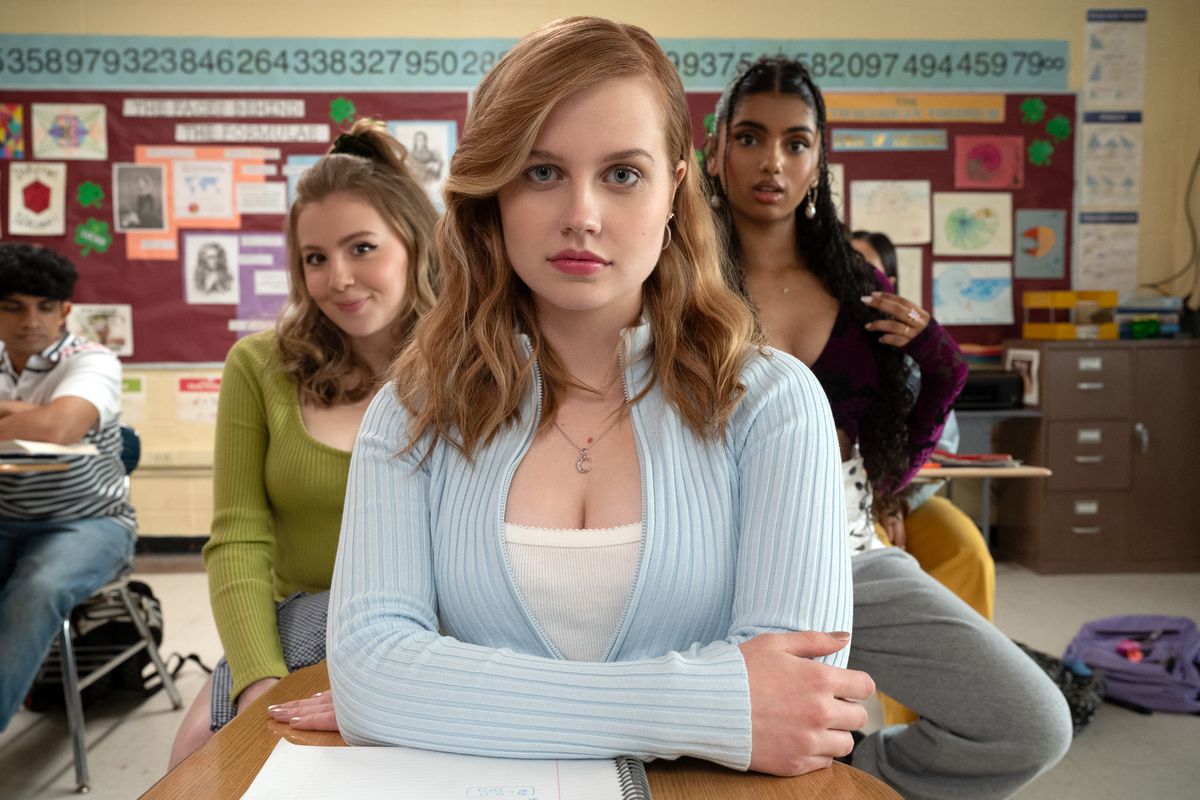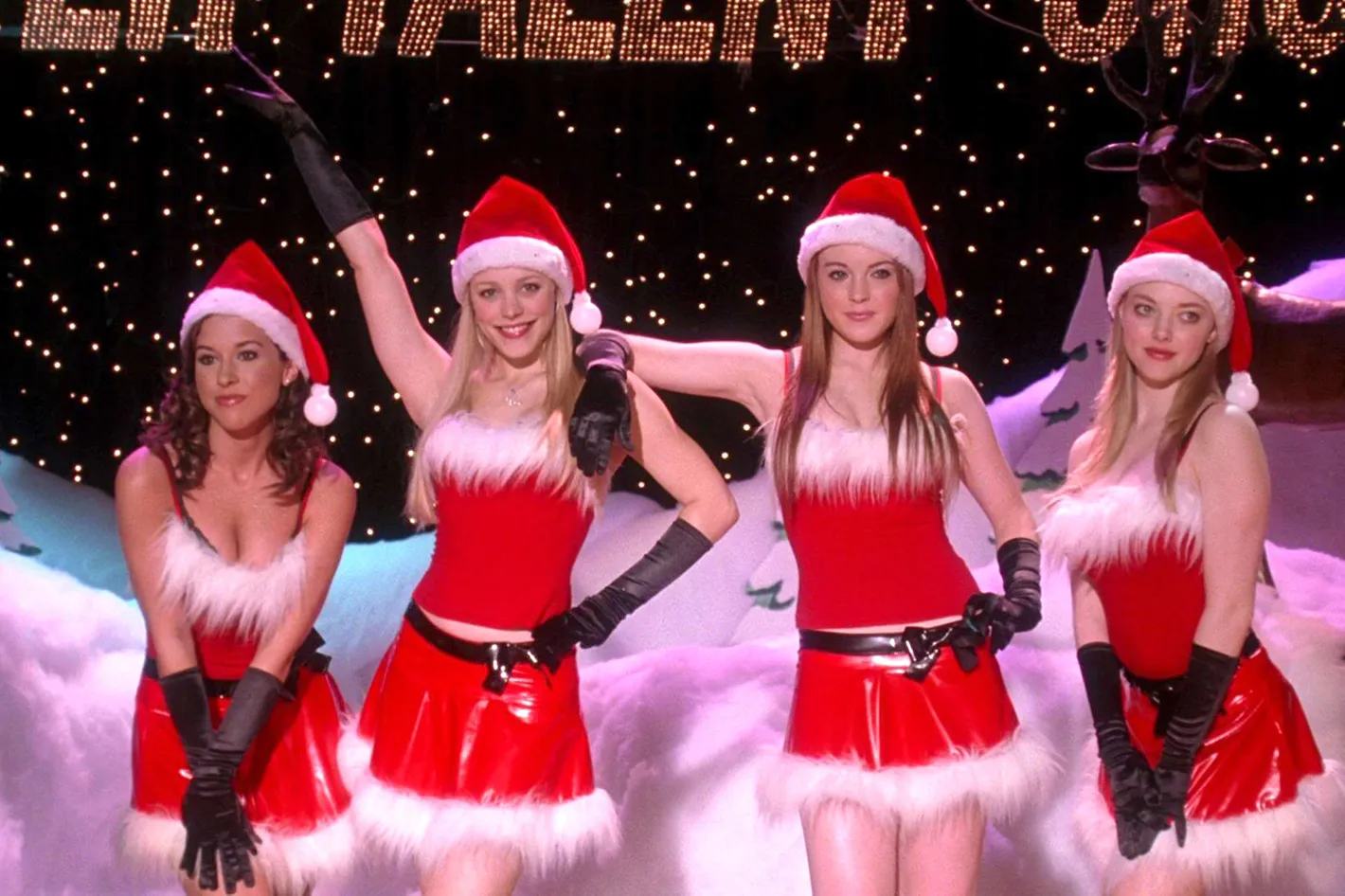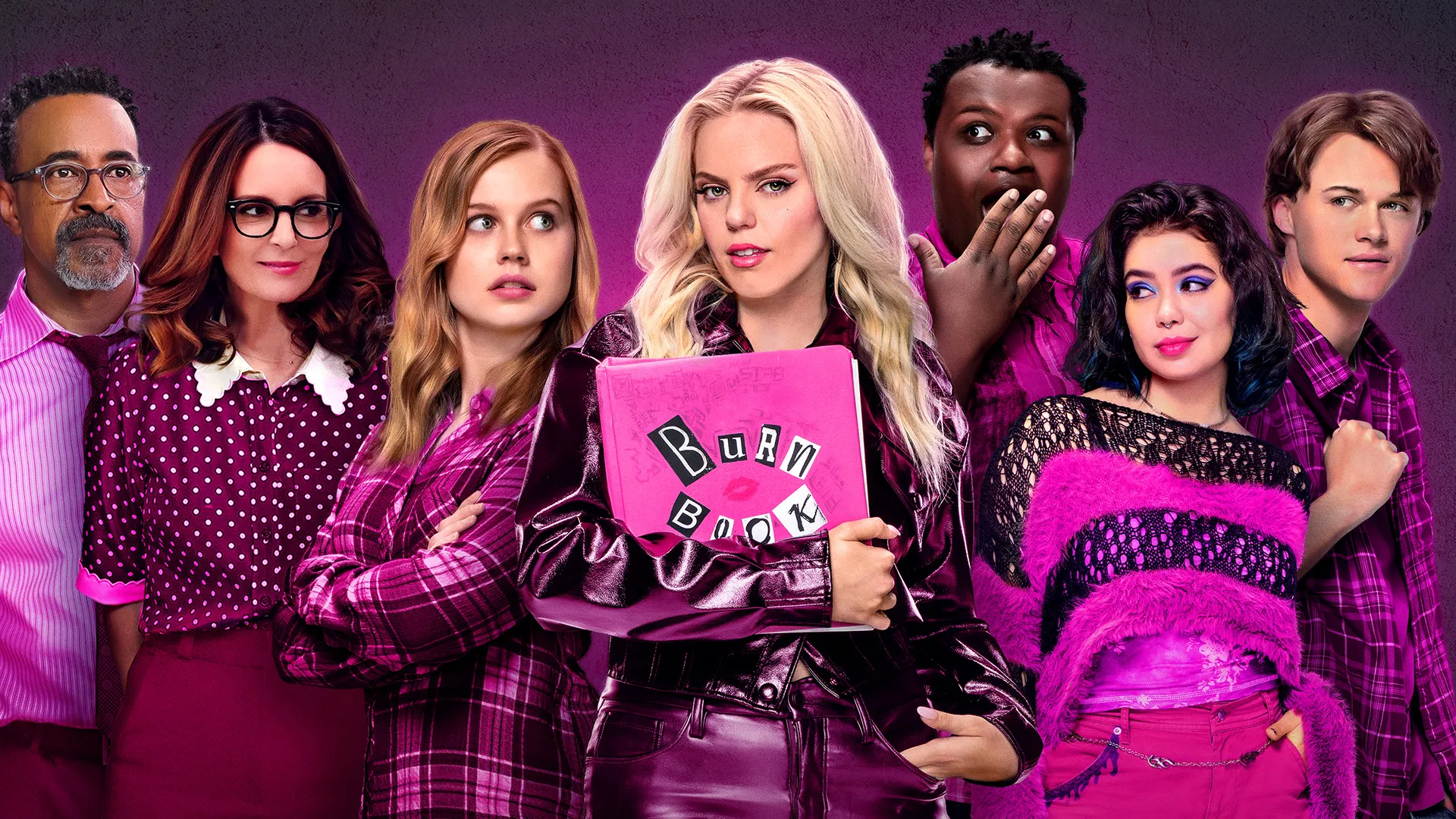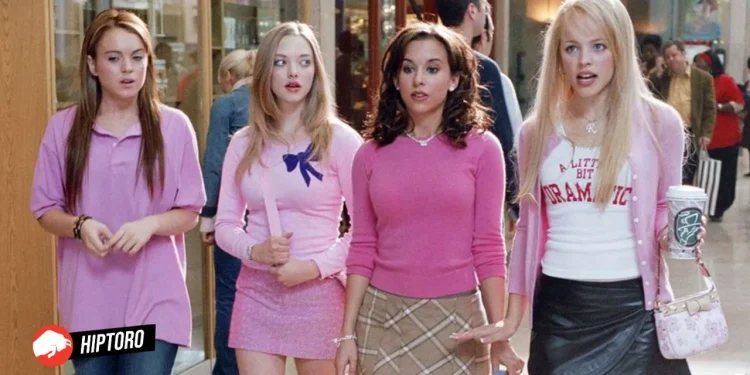In an era where digital content undergoes meticulous scrutiny, the 2024 remake of “Mean Girls” stands as a testament to the ever-evolving landscape of film and humor. Anchored by a stellar cast with Angourie Rice and Reneé Rapp stepping into the iconic roles of Cady Heron and Regina George, this reimagined classic breathes new life into the beloved narrative. Yet, amidst its modern twist, a particular adaptation in its digital release underscores the film industry’s growing conscientiousness.

Mean Girls: Respecting Legacy and Sensitivities
The inclusion, and subsequent exclusion, of a controversial joke targeting Lindsay Lohan, the original Cady Heron, underscores a pivotal shift in content curation. Initially featuring a cameo from Lohan, the film attempted to pay homage to its roots. However, a specific quip by Megan Thee Stallion – referencing a derogatory nickname from 2006 – sparked significant backlash. This moment, meant as a humorous nod to the past, instead highlighted the delicate balance between tribute and offense.
Responding to feedback and honoring Lohan’s legacy, the filmmakers made a decisive move. The digital release saw the contentious line altered from “Y2K fire crotch is back” to “Hot girls, we are going back red,” transforming the joke from a potential dig to a clear-cut compliment. This change, though subtle, speaks volumes about the current climate of film production and the respect owed to individuals who’ve helped shape iconic franchises.

Tina Fey’s Adaptation: A Reflection of Changing Times
Tina Fey, renowned for her sharp wit and insightful commentary, once again proves her adaptability and sensitivity as a writer. By reworking the joke for the digital release, Fey acknowledges the thin line between humor and harm. This decision reflects a broader understanding within the entertainment industry that jokes, especially those that might inadvertently cause distress, warrant reconsideration and, if necessary, revision.
she would get the Mean Girls reference https://t.co/MyFvI2u1ku
— Arantxa Castilla-La Loser (@arantxaclm) March 1, 2024
The Future of Film Content: A Lesson in Adaptability
The “Mean Girls” remake’s adjustment is more than a singular act of respect; it’s a harbinger for the future of film and entertainment. As audiences become more vocal about their values and the content they consume, filmmakers are tasked with navigating these evolving expectations. The swift response to online controversies, exemplified by the removal of Lohan’s derogatory joke, illustrates the dynamic nature of modern content creation. It’s a clear signal that the industry is willing to listen, adapt, and evolve in the face of public sentiment.

A Legacy Reimagined with Respect
As “Mean Girls” transitions from the big screen to digital platforms, its journey from controversy to correction encapsulates the challenges and responsibilities of contemporary filmmaking. By choosing to alter a joke that overshadowed its homage, the filmmakers not only honor Lindsay Lohan’s contribution to the original film but also demonstrate a commitment to sensitivity and respect. This evolution of humor, from the brash to the considerate, marks a significant moment in the dialogue between creators and their audience. It’s a reminder that in the world of entertainment, being mean is out, but being mindful is always in fashion.
Rent the “Mean Girls” remake to witness this nuanced blend of humor and homage, and stream the original on Paramount+ to relive the magic that started it all.










